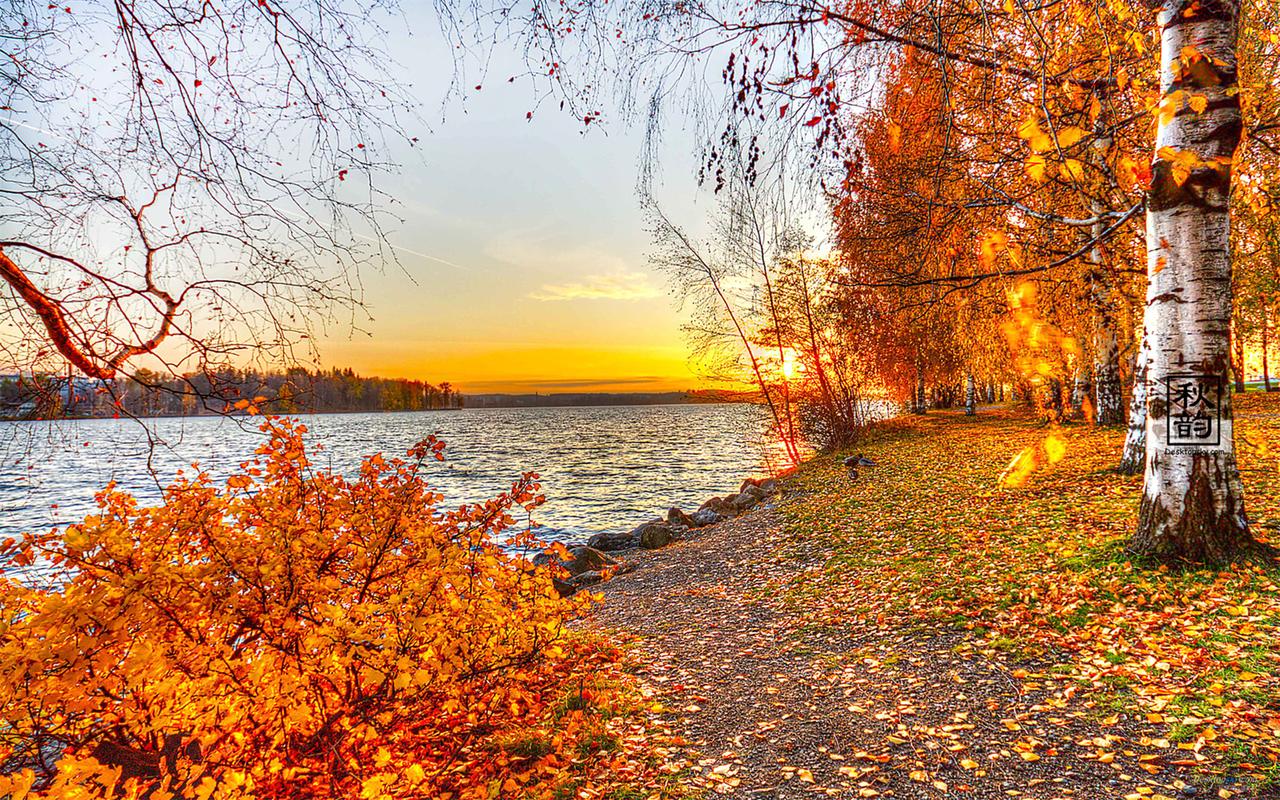Adapting to Changing Cultural Traditions in Class 11: A Challenge Worth Tackling
Cultural traditions hold immense significance in our lives, shaping our values, beliefs, attitudes, and behavior. However, with globalization and modernization, these traditions are evolving rapidly, challenging students and educators in Class 11 to adapt and make sense of these changes. In this article, we’ll explore the challenge of adapting to changing cultural traditions in Class 11 and how to overcome it.
The Challenge of Adapting to Changing Cultural Traditions in Class 11
As Class 11 students, we’re at a critical phase in our academic and personal development. We’re expected to navigate the complex landscape of academic rigor, extracurricular activities, social relationships, and self-identity. In addition, we’re also expected to respect and appreciate the cultural traditions of our peers and society as a whole.
However, cultural traditions are not fixed; they’re dynamic and constantly evolving. What was acceptable or taboo a few years ago may not hold true today. Therefore, adapting to these changes can be challenging for students, educators, and parents alike.
One of the biggest challenges of adapting to changing cultural traditions in Class 11 is the generation gap. Students and parents often hold different values and expectations, leading to conflicts that can be particularly challenging to resolve.
Moreover, we’re also exposed to diverse cultures through media, travel, and social media, making it challenging to navigate and reconcile multiple cultural perspectives.
Overcoming the Challenge of Adapting to Changing Cultural Traditions in Class 11
The first step in overcoming the challenge of adapting to changing cultural traditions in Class 11 is to acknowledge that cultural traditions are evolving. We need to be open-minded and willing to learn from different cultural perspectives, even if they contradict our own.
One way to do this is to actively seek out diverse perspectives and engage in respectful discussions and debates. This can help us broaden our horizons, challenge our biases, and appreciate the diversity of cultural traditions.
Additionally, schools and educators can play a crucial role in facilitating an inclusive and culturally responsive learning environment. By incorporating diverse cultural perspectives into the curriculum and providing opportunities for cultural exchange and understanding, students can develop the skills and knowledge needed to navigate and adapt to changing cultural traditions.
Conclusion
Adapting to changing cultural traditions can be challenging, but it’s a necessary step in our personal and academic growth. By acknowledging the evolving nature of cultural traditions and actively seeking out diverse perspectives, we can overcome this challenge and develop the skills and knowledge needed to navigate a culturally diverse world. As Class 11 students, we have the potential to shape our society’s cultural landscape positively. So let’s embrace this challenge and make the most of it!
(Note: Do you have knowledge or insights to share? Unlock new opportunities and expand your reach by joining our authors team. Click Registration to join us and share your expertise with our readers.)
Speech tips:
Please note that any statements involving politics will not be approved.
